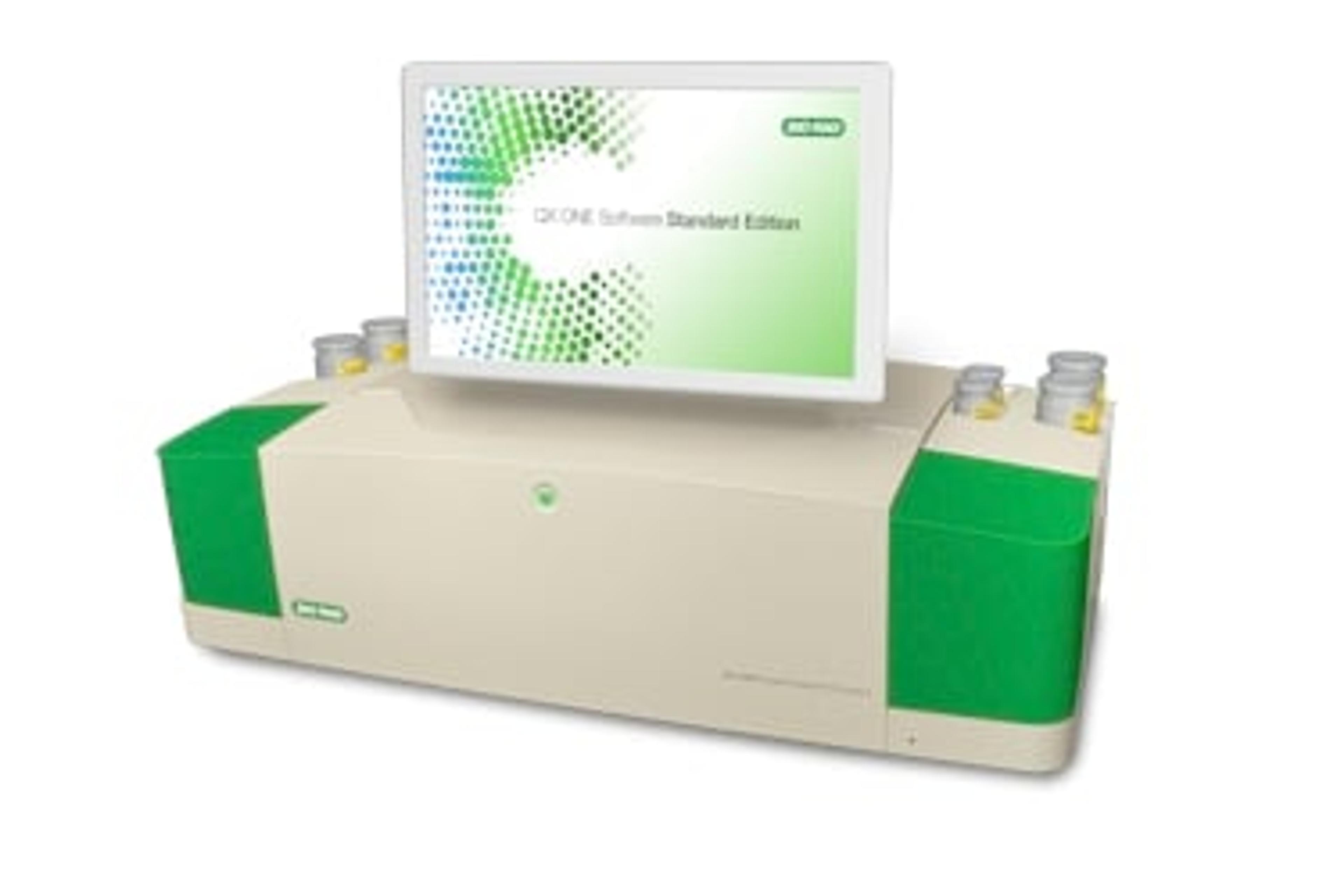Scientists demonstrated the sensitivity and reliability of Bio-Rad’s Droplet Digital PCR in clinical oncology at AACR 2020
Scientists presented more than 45 abstracts that demonstrated the value of Bio-Rad’s Droplet Digital PCR (ddPCR) technology
29 Jul 2020
Scientists presented more than 45 abstracts that demonstrated the value of Bio-Rad’s Droplet Digital PCR (ddPCR) technology as a tool for quantifying cancer biomarkers at the American Association for Cancer Research (AACR) annual meeting, which took place virtually in two parts, on April 27-28 and June 22-24. The research further expands the potential use of ddPCR technology for identifying novel biomarkers that help diagnose patients, guide treatment decisions, and identify cancer mechanisms in new and interesting ways.
Below are highlights from some of the presentations that showcased ddPCR technology’s strength in quantifying genetic, epigenetic, and microRNA-based cancer biomarkers. The studies illustrate how these different molecular signals can be used to diagnose patients, guide treatment, and detect residual disease.
Evaluating miRNA as a biomarker for oral cancer
Luca Falzone, MS, a PhD student at the University of Catania, Italy, and his colleagues recently conducted a case-control validation study with patients who were diagnosed with oral squamous cell carcinoma and evaluated them against healthy patients with no oral pathologies to determine the sensitivity and specificity of selected microRNAs (miRNAs) as potential biomarkers.
Building off preliminary studies that identified miRNAs associated with the disease, researchers used miRNA TaqMan probes and ddPCR technology to determine the expression levels of the miRNAs in plasma and matched saliva samples.
“We chose ddPCR technology for our study because it is so effective at detecting low level targets, such as circulating miRNAs,” said Falzone. “With the technology’s high sensitivity and precision, we were able to quantify small changes in the expression of certain miRNAs that might predict the presence of tumors or inform a patient’s prognosis.”
This poster (abstract 4836) was presented Monday, June 22, 9 AM-6 PM.
Quantifying DNA methylation markers
While epigenetic biomarkers have significant diagnostic and prognostic potential, the standard method to measure DNA methylation uses a bisulfite conversion step that is prone to error, especially in samples of limited quality or quantity. To overcome this challenge, Rogier J. Nell, a PhD candidate at the Leiden University Medical Center, developed a novel, digital approach for the absolute quantification of the amount, density, and allele-specificity of DNA methylation.
Nell applied methylation-sensitive restriction enzymes in combination with ddPCR technology to develop a bisulfite-independent approach for quantifying epigenetic markers. By analyzing methylation markers alongside physically linked genetic markers, Nell was able to associate levels of methylation with specific alleles.
“With our approach, we can assess the amount and density of target DNA methylation in a multiplexed, digital experiment,” said Nell, “Our approach provides new opportunities to quantify epigenetic markers important to cancer care, even when dealing with minute amounts of DNA.”
This poster (abstract 166) was presented on Monday, June 22, 9 AM-6 PM.
Robust ctDNA Results Using ddPCR Technology
With the increasing use of ddPCR technology-based diagnostics in the clinic, Ekaterina Kuligina, PhD of the Department of Tumor Biology at the NN Petrov Research Institute of Oncology in St. Petersburg, Russia, wanted to see if environmental variables would independently impact the results.
Kuligina and her team examined nearly 500 blood samples from approximately 100 patients with various types of cancer. The team found that, while disease progression and the presence of distant metastases influenced the concentration of circulating tumor DNA, circadian rhythms, prior physical exercise, and recent food consumption did not.
This research suggests that ddPCR technology is more robust than other technologies. “Our work has shown that the presence of ctDNA in plasma is very specific to patients who experience clinical progression of tumor disease,” said Kuligina. “The circumstances of sample collection appear to have no effect on the results.”
This poster (abstract 717) was presented on Monday, June 22, 9 AM-6 PM.
In addition to these studies, several related studies presented at AACR further highlighted research being done to leverage ddPCR to explore the utility of miRNA-based and epigenetic biomarkers:
- Abstract 5432 on leveraging ddPCR to study miRNA
- Abstract 1976 on using methylation sensitive restriction enzymes and ddPCR to study methylation
- Abstract 1248 on using bisulfite and ddPCR to study methylation
Want more of the latest science news straight to your inbox? Become a SelectScience member for free today>>

